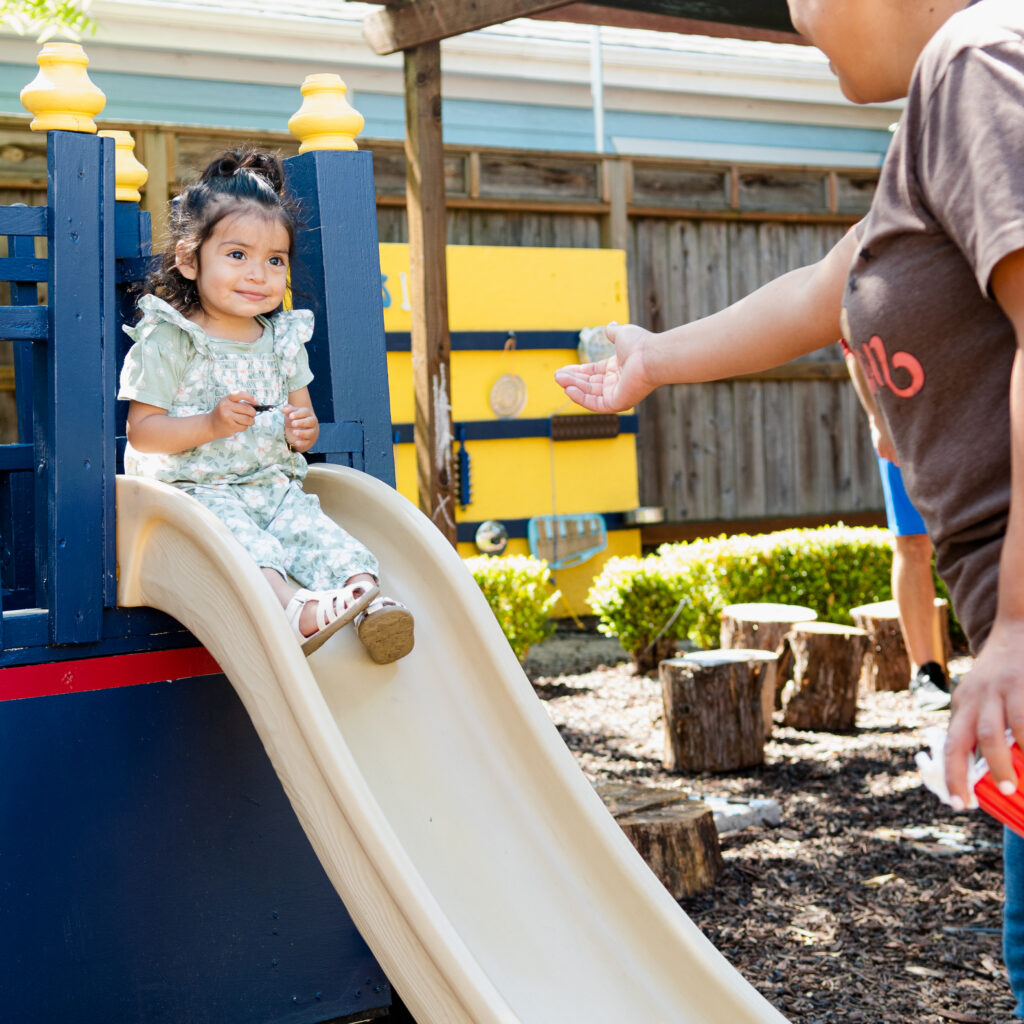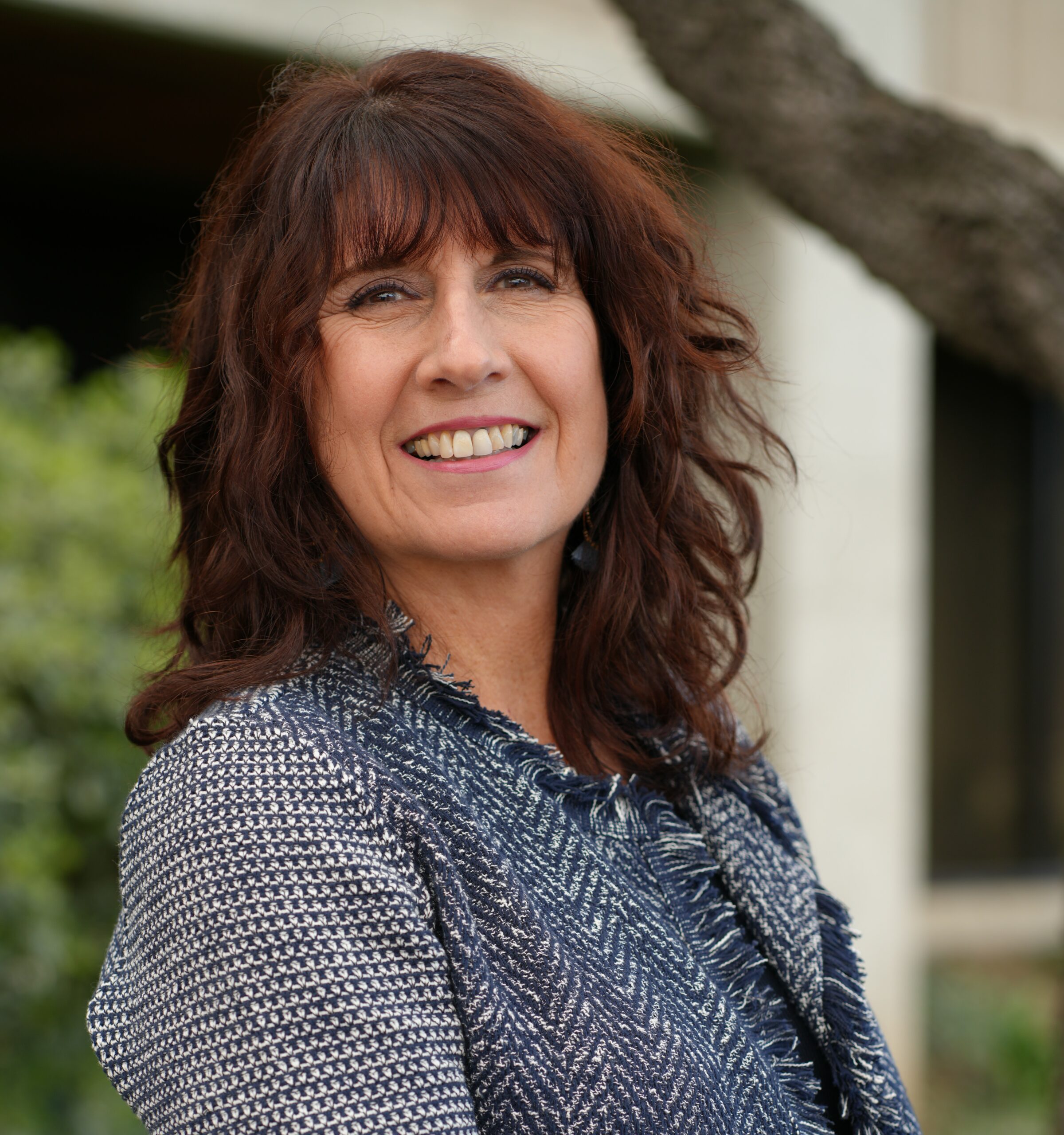5 Reasons Why Sharing Stories Is Vital for Early Childhood Care Advocacy

Joan Didion, a famous author from California, once said, “We tell ourselves stories in order to live.” Stories are the first type of parenting support that ever existed. The stories that have been shared are a key way to create community between generations of families and children. For the well-being and development of young children, […]


